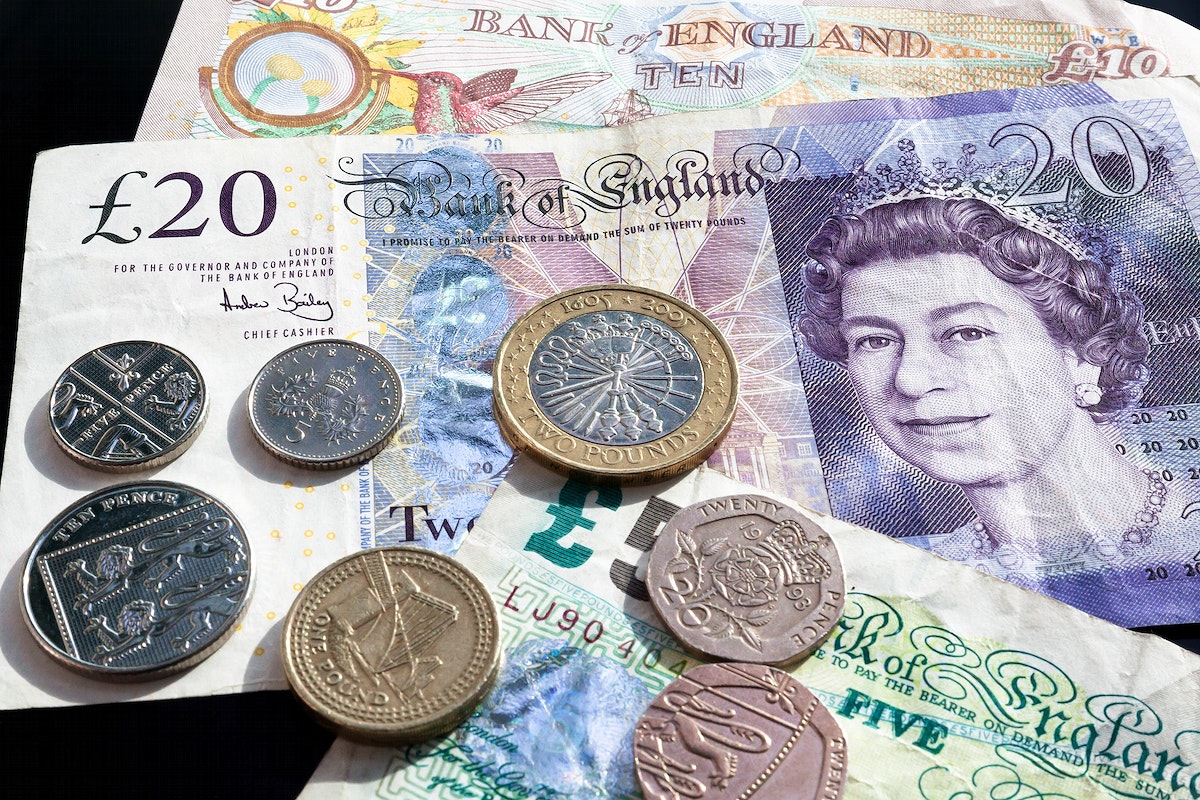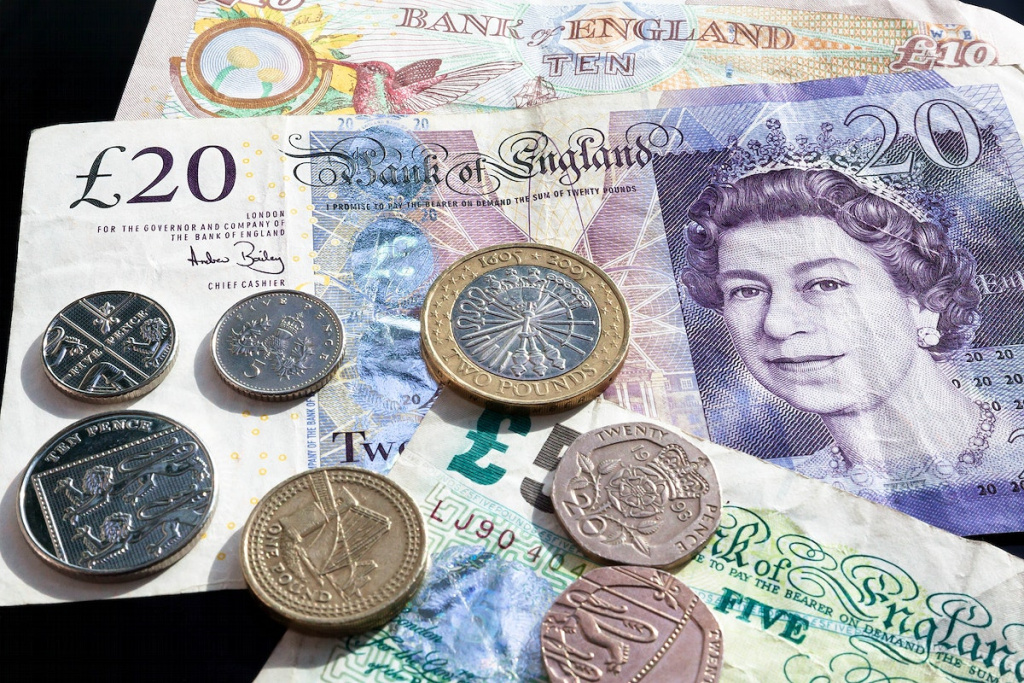
Table of Contents
How to Handle Unexpected Financial Emergencies
How to Handle Unexpected Financial Emergencies: Life has a way of surprising us when we least expect it. One moment everything feels under control, and the next, you’re facing an unexpected expense that can shake your financial foundation.
Whether it’s a sudden job loss, a medical bill, a major car repair, or an urgent home expense, financial emergencies often appear without warning. The key to navigating these challenges lies not in avoiding them completely, because that is rarely possible, but in preparing for them and knowing how to respond when they arise.
Handling unexpected financial emergencies requires a combination of foresight, resilience, and practical money management skills that can help you weather the storm and come out stronger on the other side.

Understanding What Financial Emergencies Really Mean
A financial emergency is any situation that demands immediate financial attention and cannot be delayed without serious consequences. Unlike regular monthly bills or planned expenses, these surprises put pressure on both your bank account and your peace of mind.
They can range from urgent medical care and sudden unemployment to unforeseen travel needs or emergency home repairs. Because they are unplanned, they can disrupt your budget and potentially push you into debt if you aren’t prepared. Understanding that these emergencies are a normal part of life allows you to reframe them not as devastating setbacks but as challenges you can learn to manage more effectively.
The Emotional Impact of Unexpected Expenses
Financial emergencies don’t only drain your wallet; they also take a toll on your mental and emotional health. Stress, anxiety, and even feelings of failure often accompany sudden financial strain. When people feel unprepared, it can create panic and lead to poor decision-making, such as borrowing at high interest rates or cashing out investments prematurely.
It is important to acknowledge these emotions because they are natural, but also to recognize that staying calm and approaching the situation with a clear head makes it easier to find sustainable solutions. Developing emotional resilience is as crucial as building financial resilience when dealing with the unexpected.

Why Preparation Matters Before an Emergency Strikes
While emergencies are unpredictable, preparing for them is entirely possible. The most effective way to handle a financial crisis is to set up systems that protect you long before one arises. Creating an emergency fund is one of the most powerful strategies.
This is money specifically set aside to cover unexpected expenses, giving you a buffer that keeps you from relying on credit cards or loans. Building this fund may take time, but even a small cushion can make a big difference when life throws you a curveball. Beyond savings, preparation also involves having proper insurance, maintaining a budget with flexibility, and staying aware of your financial habits.
Preparation creates peace of mind and reduces the feeling of being blindsided when an emergency happens.
The Role of an Emergency Fund
An emergency fund is like a financial safety net that protects you from freefall during sudden expenses. Experts often recommend saving three to six months’ worth of living expenses, but for many, this might feel overwhelming at first. Starting small is perfectly fine. Even saving a few hundred dollars can cover minor emergencies like a car repair or medical co-pay.
As your income grows or stabilizes, increasing your contributions to this fund will help you build stronger financial protection. Keeping the money in a liquid, easily accessible account—like a savings account separate from your everyday spending—ensures that it’s available when you need it most. An emergency fund is not just about money; it is about reducing stress and giving yourself breathing room during tough times.
Budgeting With Flexibility for Emergencies
A strict budget is helpful for financial discipline, but a flexible budget is essential for real life. Unexpected financial emergencies require room to adapt, and building that adaptability into your financial plan can prevent disaster. When crafting your budget, include a category for irregular expenses and small emergencies.
Even if you don’t use it every month, it creates space for when the unexpected happens. Flexibility also means avoiding the trap of overspending on non-essentials when times are good, so you can redirect those funds if something urgent comes up. A flexible budget is like shock absorbers on a car—it helps smooth out the bumps along the road of life.
Prioritizing Expenses in a Crisis
When an emergency does occur, one of the first steps is to reassess your spending priorities. Not every expense is equally important, and during times of financial strain, it is critical to focus on the essentials. Housing, utilities, food, healthcare, and transportation usually come first. Non-essential spending, such as entertainment or luxury purchases, can be temporarily reduced or paused.
Making these decisions quickly and clearly ensures that the most urgent needs are covered without adding unnecessary financial pressure. Re-evaluating your expenses also allows you to make short-term adjustments without derailing your long-term financial goals.

Using Insurance as a Shield Against the Unexpected
Insurance plays a critical role in handling financial emergencies. Health insurance, car insurance, home insurance, and even disability insurance can all prevent a sudden expense from turning into a catastrophic financial burden. While paying insurance premiums may sometimes feel like an unnecessary cost, it is a vital investment in your financial security.
When an emergency happens, the protection provided by insurance can save you from draining your savings or going into debt. Reviewing your policies regularly to ensure you have adequate coverage is an essential part of financial preparedness.
The Role of Credit in an Emergency
Credit is often a double-edged sword during financial emergencies. On one hand, credit cards or personal loans can provide immediate access to funds when no other options are available. On the other hand, relying too heavily on high-interest debt can create long-term financial damage. The key is to view credit as a temporary tool rather than a solution.
If you must use credit, develop a repayment plan quickly to minimize interest and fees. Building a healthy credit score before emergencies occur can also give you better access to lower-interest borrowing options if you ever need them. Responsible credit management adds another layer of financial resilience.
Seeking Support During Difficult Times
Financial emergencies can feel isolating, but you don’t have to go through them alone. Sometimes reaching out for support can make a significant difference. This may include discussing your situation with family members, contacting your bank for relief options, or speaking with financial advisors who can help you create a plan.
Some organizations and employers also offer assistance programs that provide short-term relief. Seeking support is not a sign of weakness; it is a proactive step toward solving the problem in a sustainable way. A strong support network—both personal and professional—can be an invaluable resource during tough times.
The Importance of Financial Adaptability
Handling unexpected financial emergencies successfully often comes down to adaptability. Emergencies rarely follow a predictable script, so being able to adjust your plans quickly and effectively is a valuable skill. This may mean taking on temporary work, downsizing expenses, or finding creative solutions to generate cash flow.
Adaptability also involves maintaining a mindset that sees challenges as opportunities for growth rather than as insurmountable obstacles. Financial adaptability is the bridge between preparation and recovery, allowing you to navigate emergencies with confidence.
Building Long-Term Resilience After an Emergency
Once the immediate crisis has passed, the recovery phase is equally important. This is the time to assess what happened, evaluate how you responded, and identify what could be improved in the future.
Rebuilding your emergency fund, adjusting your budget, and strengthening your insurance coverage are essential steps to prevent future shocks from having the same impact. Emergencies can serve as powerful lessons that motivate stronger financial habits. By reflecting on your experience, you can turn a difficult situation into a stepping stone toward long-term financial resilience.
Developing a Mindset of Preparedness
At its core, handling unexpected financial emergencies is as much about mindset as it is about money. A mindset of preparedness acknowledges that emergencies are inevitable but not unmanageable. By staying proactive, practicing discipline, and approaching challenges with calm determination, you create a sense of control even in uncertain times.
This mindset allows you to not only survive financial setbacks but also to grow from them. Financial preparedness is not about living in fear of what might happen, but about creating confidence that you can handle whatever does.
Learning From Real-Life Examples
Stories of individuals and families who have successfully managed financial emergencies can be inspiring. For instance, someone who lost their job but had six months of savings was able to focus on finding the right new role rather than taking the first available job. Another example might be a family whose insurance coverage protected them from massive medical bills after an accident.
These stories highlight the power of preparation, resilience, and smart decision-making. Learning from the experiences of others can guide your own financial journey and reinforce the importance of planning ahead.
Turning Setbacks Into Opportunities
While financial emergencies are never pleasant, they often provide opportunities for personal growth and financial improvement. They push you to evaluate your habits, reconsider your priorities, and find creative ways to strengthen your financial life.
Overcoming these challenges builds confidence and creates a sense of empowerment that extends far beyond money. A setback can become a turning point, helping you establish habits and systems that will serve you well for the rest of your life. By viewing emergencies as opportunities to learn and grow, you shift from a place of fear to a place of strength.
Final Thoughts
Unexpected financial emergencies are part of life, but they don’t have to derail your future. By preparing in advance, building strong financial habits, and staying adaptable when challenges arise, you can protect yourself from the worst effects of sudden expenses. An emergency fund, flexible budgeting, proper insurance, and a resilient mindset all combine to create a safety net that keeps you steady during uncertain times.
More importantly, each emergency you navigate successfully adds to your financial confidence, teaching you that you are capable of handling life’s surprises. With preparation, adaptability, and determination, you can not only survive unexpected financial emergencies but emerge from them stronger than before.
Also visit:-
10 Simple Ways to Bring Romance Back into Your Marriage
FAQs on How to Handle Unexpected Financial Emergencies
1. What is considered a financial emergency?
A financial emergency is any unplanned expense or loss of income that disrupts your budget, such as medical bills, car repairs, or sudden unemployment.
2. How do financial emergencies impact personal finances?
They can drain savings, increase debt, and create stress if you are not prepared with a safety net or emergency fund.
3. Why is an emergency fund important?
It provides quick access to cash when unexpected expenses arise, reducing the need to rely on credit or loans.
4. How much should I save in an emergency fund?
Most experts recommend three to six months’ worth of essential living expenses, but even a smaller amount can help.
5. Where should I keep my emergency fund?
Keep it in a liquid account such as a savings account, where it’s safe and easily accessible when needed.
6. What expenses should emergency funds cover?
They should cover essentials like rent or mortgage, utilities, food, healthcare, and transportation.
7. Can I use credit cards during a financial emergency?
Yes, but only as a temporary option. High-interest debt should be repaid quickly to avoid long-term financial strain.
8. How can insurance help in financial emergencies?
Insurance provides financial protection against large, unexpected expenses such as medical costs, accidents, or home damage.
9. How do I know if I have enough insurance coverage?
Review your policies regularly to ensure they match your current needs and lifestyle.
10. What should I do first when facing a financial emergency?
Assess your situation, prioritize essential expenses, and determine the resources available to you.
11. How do I manage stress during a financial crisis?
Staying calm, focusing on what you can control, and seeking support can reduce stress and help you make better decisions.
12. Should I cut expenses during an emergency?
Yes, reduce non-essential spending and redirect funds toward urgent needs.
13. Can I borrow money from family or friends in an emergency?
Yes, but make sure to communicate clearly and create a repayment plan to avoid damaging relationships.
14. How do I prepare for future financial emergencies?
Build an emergency fund, maintain insurance, reduce debt, and create a flexible budget.
15. What if I don’t have any savings when an emergency hits?
Explore assistance programs, negotiate with creditors, or consider short-term side income opportunities.
16. How can I rebuild my finances after an emergency?
Refocus on saving, rebuild your emergency fund, and adjust your budget to recover steadily.
17. Is it okay to pause retirement contributions during a financial emergency?
In some cases, yes, but only temporarily. Resume saving as soon as you can.
18. Should I sell investments to cover an emergency?
As a last resort, yes, but try to use liquid savings first to avoid penalties or losses.
19. How can I avoid going into debt during emergencies?
By maintaining an emergency fund and practicing disciplined financial habits.
20. What role does budgeting play in emergencies?
A flexible budget allows you to adjust quickly and allocate money where it’s needed most.
21. How do I prioritize bills during an emergency?
Focus first on essentials like housing, utilities, food, and healthcare.
22. Can I negotiate bills during a financial emergency?
Yes, many providers will offer payment plans or temporary relief if you communicate openly.
23. Are financial emergencies common?
Yes, most people face at least one unexpected financial challenge in their lifetime.
24. What mindset helps during financial emergencies?
A mindset of preparedness and adaptability makes it easier to navigate challenges calmly.
25. How can side hustles help in emergencies?
They provide extra income that can be used for urgent expenses or to rebuild savings.
26. Should I use personal loans for emergencies?
They can be helpful but should be considered carefully, especially regarding interest rates and repayment terms.
27. How can I avoid panic spending in emergencies?
Stick to your budget, focus on essentials, and avoid emotional financial decisions.
28. What government resources exist for financial emergencies?
Depending on your location, there may be unemployment benefits, disaster relief, or emergency assistance programs.
29. Can financial emergencies affect credit scores?
Yes, missed payments or increased debt can lower your credit score if not managed responsibly.
30. How do I stay financially prepared long-term?
Consistently save, review insurance policies, reduce unnecessary debt, and practice mindful spending.
31. What is the difference between a financial setback and an emergency?
An emergency requires immediate action and cannot be postponed, while a setback may be managed over time.
32. How do I build resilience against emergencies?
Develop strong saving habits, diversify income streams, and maintain a support network.
33. Should I consider disability insurance as part of preparedness?
Yes, it protects your income if you are unable to work due to illness or injury.
34. Can I use retirement savings in an emergency?
It should be avoided if possible because of penalties and long-term impacts on your future.
35. How can I track spending during an emergency?
Use budgeting apps or simple tracking methods to monitor where your money is going.
36. How can employers help during financial emergencies?
Some offer employee assistance programs, paycheck advances, or hardship support.
37. Is it wise to rely on payday loans in an emergency?
No, payday loans are extremely high-cost and can trap you in a cycle of debt.
38. How do I balance short-term emergencies with long-term goals?
Address urgent needs first but return to saving and investing as soon as possible.
39. What lessons can be learned from financial emergencies?
They highlight the importance of saving, planning, and staying adaptable for the future.
40. Can financial emergencies improve my financial habits?
Yes, they often motivate better planning, disciplined saving, and stronger money management skills.
Also visit:-



